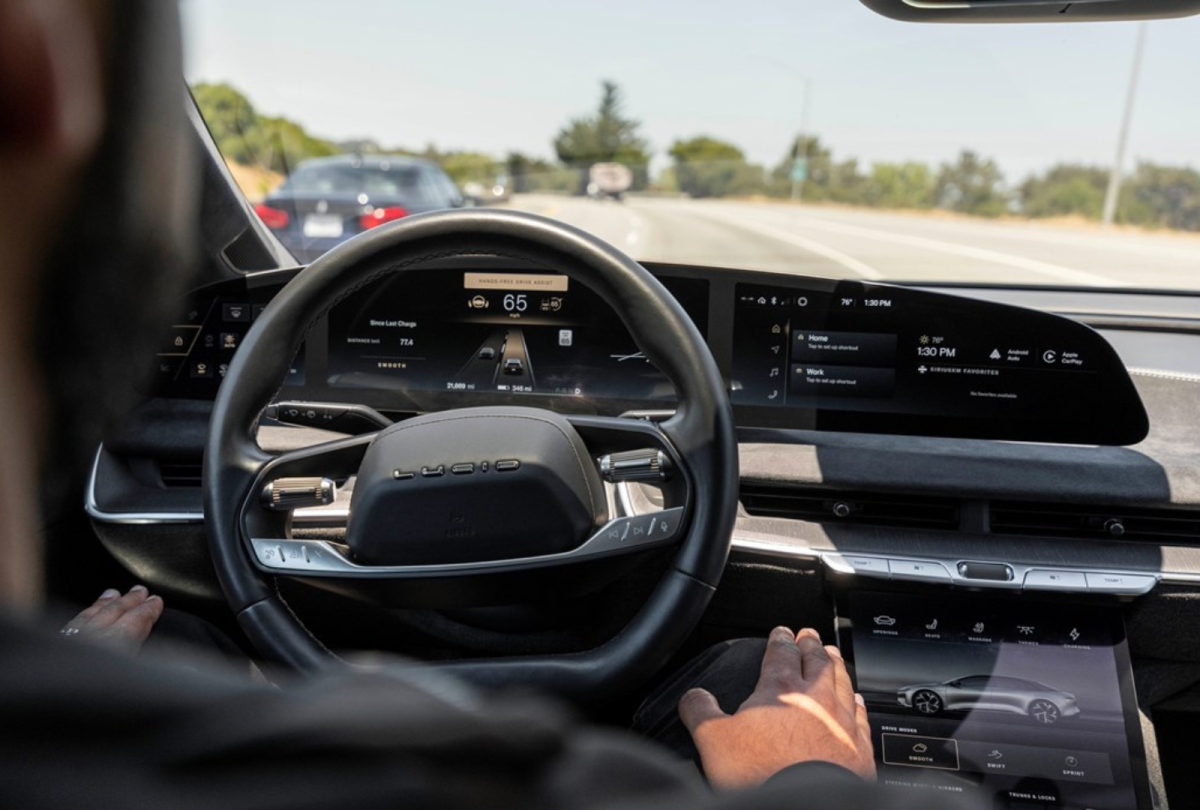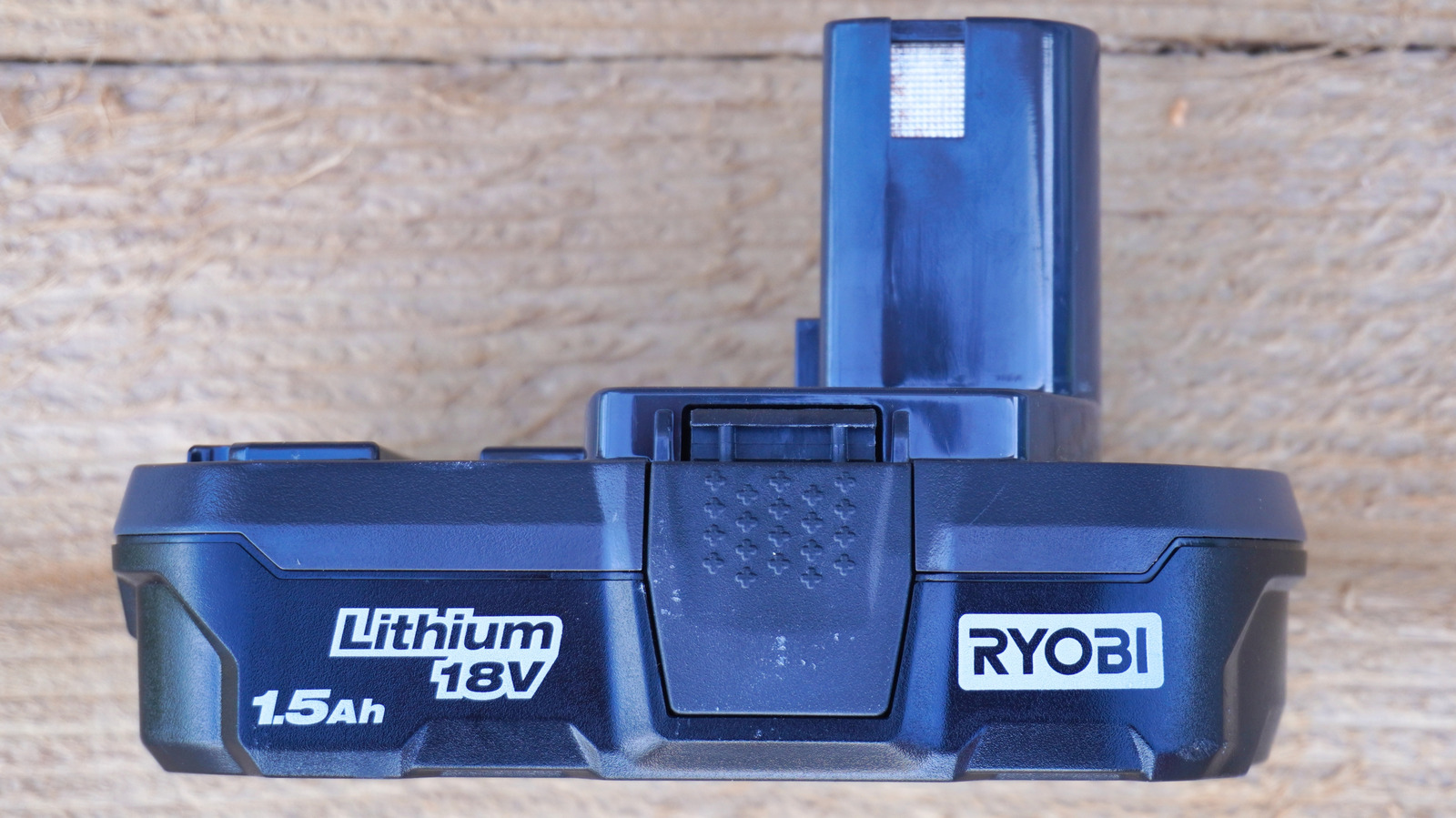Copyright Newsweek

Lucid Group, the parent company of Lucid Motors, is employing product development and manufacturing processes that echo those of China-based car companies as the company works to expand its vehicle lineup, introduce autonomous vehicles and speed up production. The automaker announced today that it will leverage its partnership with NVIDIA to deliver one of the world’s first privately owned passenger vehicles with Level 4 automation. Level 4 automation is defined by automotive standards published by SAE with the following characteristics: Technology can drive the vehicle under limited conditions and will not operate unless all required conditions are met. When automated driving features are engaged a driver is not driving. Pedals and a steering wheel may not be installed. Driverless taxis, including those by Waymo, Zoox and Tesla qualify as Level 4, but they are for commercial use and not privately owned. The news was broken at NVIDIA’s annual GTC conference. Marc Winterhoff, interim CEO of Lucid, said in a statement that the company intends to build “the best vehicles on the market” and plans to “deliver the smartest and safest autonomous vehicles on the road.” Lucid Group will also use NVIDIA’s Industrial AI platform as it works toward “unlocking next-generation manufacturing,” which includes deploying “a unified AI factory to build smart factories and transform their enterprise.” Those smart factories would leverage NVIDIA Omniverse and NVIDIA AI Enterprise software libraries. With the use of NVIDIA’s Industrial platform, Lucid will have access to predictive analytics, intelligent robotics and real-time process optimization that will enable reconfigurable production lines, enhanced quality control and support scaling operations. Lucid, like many startup automakers, faced a number of recalls in the early days of the production of the Air sedan. When designing Gravity, Lucid’s team took manufacturing simplicity and lessons learned from Air into account, Derek Jenkins, senior vice president of design and brand, told Newsweek at the debut. With its next-generation vehicles, the automaker hopes to improve quality, reduce costs and accelerate delivery. Automakers globally are transitioning to new, digitized, AI-enabled ways of doing business using examples set by Chinese manufacturers. Lucid plans to take that a step further, using digital twins of greenfield and brownfield factories to increase cross-team collaboration and validate layouts faster. Utilizing autonomous systems, Lucid will be able to optimize robot path planning, improve safety and shorten commissioning time versus traditional architectural planning paths. “As vehicles evolve into software-defined supercomputers on wheels, a new opportunity emerges— to reimagine mobility with intelligence at every turn,” said Jensen Huang, founder and CEO of NVIDIA. "Together with Lucid, we’re accelerating the future of autonomous, AI-powered transportation, built on NVIDIA’s full-stack automotive platform.” Lucid, like many Chinese car manufacturers, uses a tech stack that allows for over-the-air technology updates to its software-defined vehicles. Its DreamDrive Pro driver assistance system was launched on the Lucid Air in 2021 and has recently been updated to include hands-free driving and lane change capabilities. The company’s Lucid Gravity SUV, which was launched earlier this year in North America and is making its way into the British and European markets soon, advances the technology story. It uses NVIDIA DRIVE AV technology for hands-free, eyes-on point-to-point driving (described using SAE standards as Level 2++). "Lucid’s next phase depends on achieving critical mass — not in technology, but in sales. Gravity is the bridge to that goal, and the next midsize SUV must cross it flawlessly. The partnership with NVIDIA reinforces Lucid’s long-term vision for autonomy and intelligent manufacturing, but that vision won’t matter if the company can’t build brand awareness and scale volume in the near term to ensure its survival," Paul Waatti, director of analysis at AutoPacific, told Newsweek. Lucid plans to introduce midsize vehicles into its lineup in the future, nesting below the Air and Gravity. Those will be the company’s “first true eyes-off, hands-off, mind-off consumer-owned autonomous vehicles,” the automaker said in a press release. The models will leverage a suite of software from NVIDIA that includes cameras, radar and lidar. Lucid will also integrate two computers that will run NVIDIA DriveOS, an AI-enabled computing platform that the automaker said will “unify all automated driving functions, enabling a seamless evolution through the autonomy spectrum.” In July, Lucid announced a $300 million investment by and partnership with Uber Technologies, Inc. to develop a next-generation global robotaxi program that will be built at Lucid's Arizona manufacturing facility. The robotaxi, based on Gravity SUVs, is expected to launch in late 2026 in a major U.S. city.



